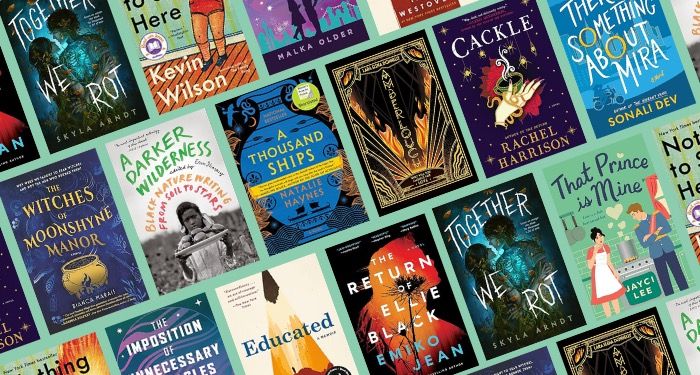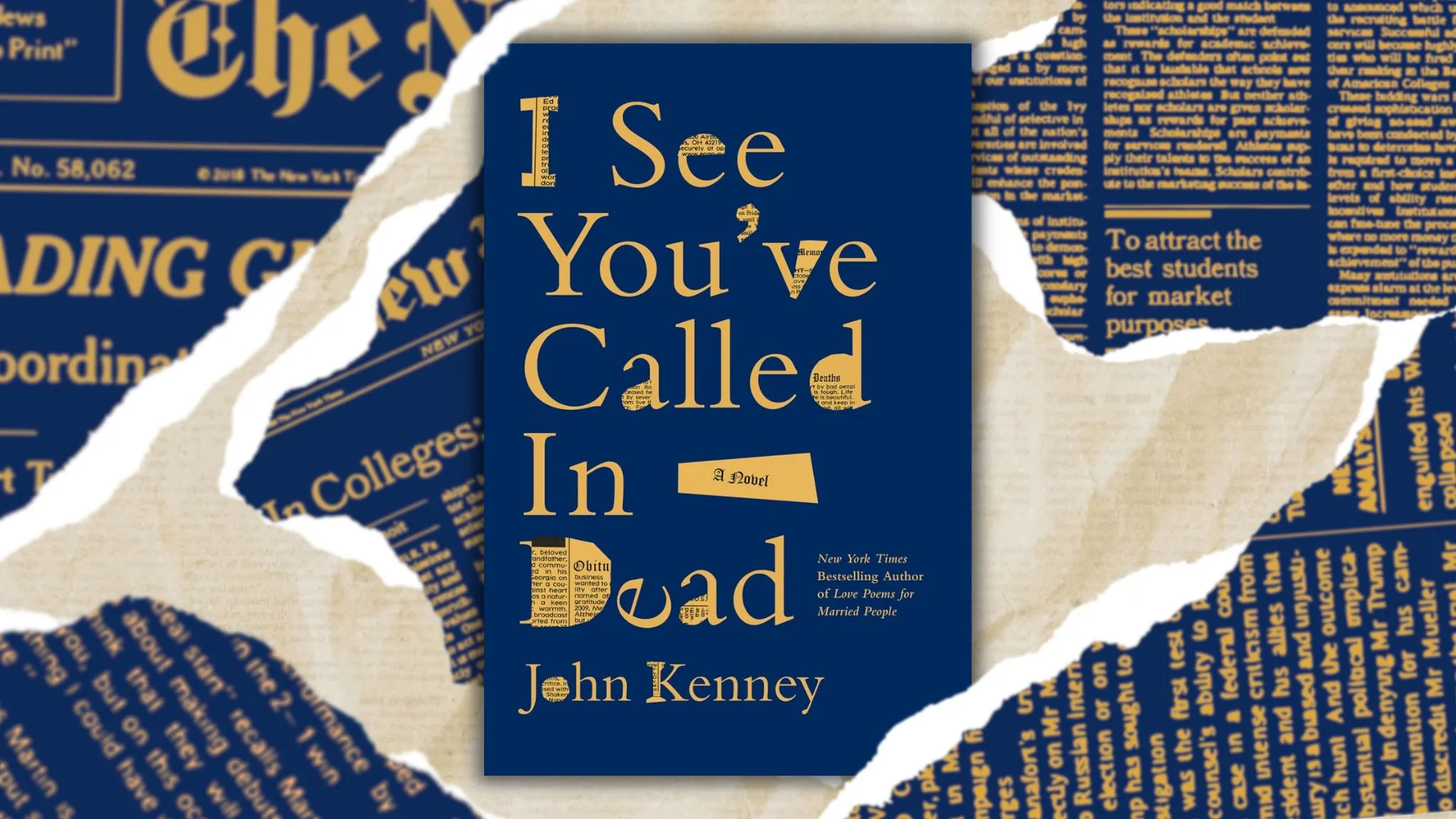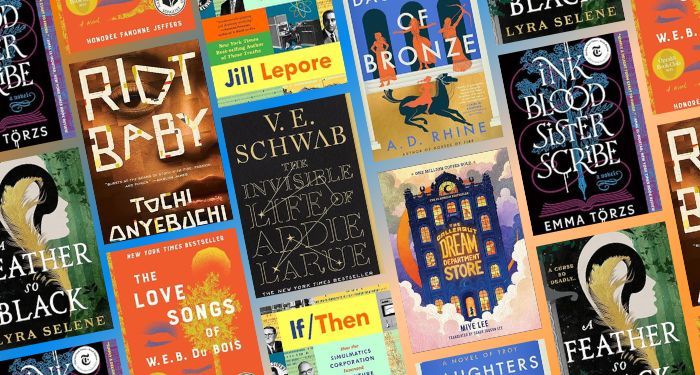
Punchy Pungent Proverbs and Other Pious Poetry by D.A. Gray
Poetry can bloom in some of the most unexpected places. For D.A. Gray, it took root as outgoing messages on an answering machine at a private gym in Harlem where he worked as a health and fitness trainer. At first, these were motivational messages he’d leave for his clients, encouraging them to stick to the program, push their boundaries, reach for their goals.
According to Gray, “Sometimes, clients, friends and family would call just to hear the good word of the day. Someone suggested I start logging these affirmations because they were helping people; so, I did.” Fast-forward 30 years of creating and collecting, and Punchy Pungent Proverbs and Other Pious Poetry was born.
In it, Gray covers a large swath of thematic territory with observations and advice couched in wordplay that’s by turns broad (“Freedom gives rise to the free thinker and the free dumb”) and subtle (“Read between the lies to see the truth that lies between”). He turns old saws on their head (“Before you can walk in another’s shoes, you must know what size they wear”) and recombines them in fun mashups (“When you are on a roll, remember which side your bread is buttered”).
My particular favorites are those that transcend linear logic but make perfect sense nonetheless: “No need to cry over spilt milk when you have juice.” Or the eminently relatable one-liner, “You need your glasses to look for your glasses.” And the witty and wise, “If you insist on having your cake and eating it too, then you’d better open up your own bakery.”
FROM FUNNY PUNS TO INSIGHTFUL TURNS OF PHRASE
But Gray’s writing isn’t all just fun and games. He doles out some seriously good advice to those who are willing to contemplate his words. Having been a coach for a good part of his professional career, he tackles motivation (“Don’t wish for it; work for it.”), goals (“Sometimes you have to push yourself all the way to the edge to see how far you’ve really come”), perseverance (“Even if plan B does not work, remember, there are 24 letters left in the alphabet”), accountability (“In your time of need, find someone to help, not someone to blame”) and preparation (“In order to broaden the road to success, you must first narrow the margin for error”).
Striving to be a better person comes with caveats, though. Gray urges us to be mindful of those around us to ensure that we don’t do damage to others in the process (“You can take the next step without stepping on someone”). Conversely, he reminds us that not everyone is on our team (“Just because you put your best foot forward doesn’t mean your feet won’t get stepped on”). Self-love and self-care are just as important as progress, and that includes self-forgiveness for our imperfections: “It is always better to do less right than more wrong.”
Gray doles out relationship advice (“Draw a clear distinction between being giving and being taken”), warns us of the pitfalls of vengeance (“If you sabotage your neighbor’s plumbing, expect their sewer to overflow into your yard”), extols the importance of authenticity (“Are you living your best Life or are you living your best Lies?”) and sets us up for self-reflection (“When clinging to your truth, question it”). Communication is key to interpersonal success, whether by thinking before speaking (“Every time you open your mouth you permit others to peer inside your mind”) or striving for clarity (“Four out of five people don’t listen and the fifth one does not understand”).
POETRY THAT TAKES WORDPLAY TO THE NEXT LEVEL
Nestled among the pages of aphorisms are longer pieces of poetry that explore larger ideas, many through the twisting and turning of a single root word or phrase in often unexpected ways: “Her name is Temptress. She worked as a temp. / At first glance, a woman of even temperament. / Her body perfect, as if carved from a template…” (“The First Temptation”). Here we find verse about social injustices (“Forty Acres and a Rule”), the environment (“The Abominable Snowmen”), and the need for a more humane humanity (“Social Services”).
Gray’s meticulous attention to detail in language is echoed by the book’s gorgeous layout, full of ornamental flourishes and background etchings on pages of quality buff-colored stock. This is a labor of love, a gift for the reader, and a handsome addition to the self-help or poetry shelf. But the true gift is in the insights contained within.
There is much food for thought (or even journaling) between the covers of Punchy Pungent Proverbs and Other Pious Poetry. Sometimes it’s a much-needed reminder and other times it’s a mind-blowing revelation. “Ultimately, humans have the power to significantly change their life’s path by a single thought and/or question,” writes Gray. There’s ample chance one of Gray’s lines will do just that.
Punchy Pungent Proverbs and Other Pious Poetry is available for purchase as a special limited edition on the author’s website.
 About D.A. Gray:
About D.A. Gray:
Gray has a unique insight into human behavior, which has shaped his raw and real perspectives on life. A firm believer in learning life’s lessons the first time and in adherence to the laws of the universe, Gray has cleverly captured these concepts with poetic prose and proverbs in Punchy Pungent Proverbs and Other Pious Poetry. He provides principles for helping the reader obtain a broader view of being human and humane. Remember, Universal Law is always just and consistent and will extract a heavy toll when met with non-compliance.
Gray currently resides in Maryland and continues his literary works. He may be contacted via email at [email protected]































:quality(85):upscale()/2025/05/06/835/n/1922564/8e601b95681a5cf04194c6.14070357_.png)

:quality(85):upscale()/2025/05/05/100/n/1922564/33582ae7681964cb0d40c8.72464171_.png)



![ABYSMAL RITES – “Restoring The Primordial Order” [Heavy Sludge] ABYSMAL RITES – “Restoring The Primordial Order” [Heavy Sludge]](https://horrornews.net/wp-content/uploads/2025/04/WHD581-600x330.jpg)